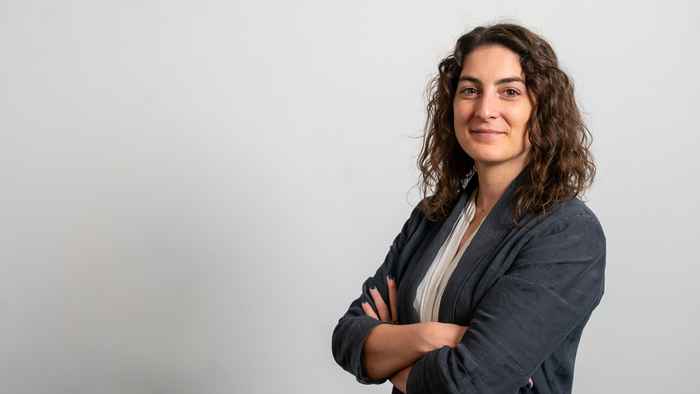Data Science for Humanitarian Impact
Interview with Elisa Omodei
11 June 2024

Elisa has been invited by the Data Science Centre to give a keynote talk at the Summer Institute in Computational Social Science at the Amsterdam Institute for Social Science Research (AISSR) in Amsterdam on 17 June.
How do computational techniques enhance your research compared to traditional data approaches?
'Traditional methods for monitoring the Sustainable Development Goals often involve extensive and costly data collection. Computational techniques, however, allow us to bridge gaps by using machine learning models to estimate socio-economic indicators from non-traditional data sources, such as mobile phone metadata, web and social media data, and satellite imagery. These methods provide a cost-effective and timely alternative to traditional data collection.'
What motivated you to tackle the issue of food insecurity in your research?
'Working with the UN World Food Programme, I was inspired by their pioneering use of digital technologies in humanitarian efforts. This experience motivated me to apply my computational skills to address hunger-related issues by developing machine learning models to nowcast and forecast food insecurity indicators.'
Which computational methods do you find most fascinating to work with, and why?
'While I extensively use machine learning techniques for data-driven predictive models, my true passion lies in network science. This involves modeling systems as interconnected entities and studying the social dynamics within these networks. For instance, I explore how migration flows influence food insecurity and vice versa.'
What are you most excited about for your keynote presentation in Amsterdam on 17 June?
'I am thrilled to engage with a diverse group of students and early career researchers, learn about their projects, and inspire them to apply computational methods to development and humanitarian issues. Additionally, I look forward to collaborating with UvA researchers and exploring potential joint projects.'